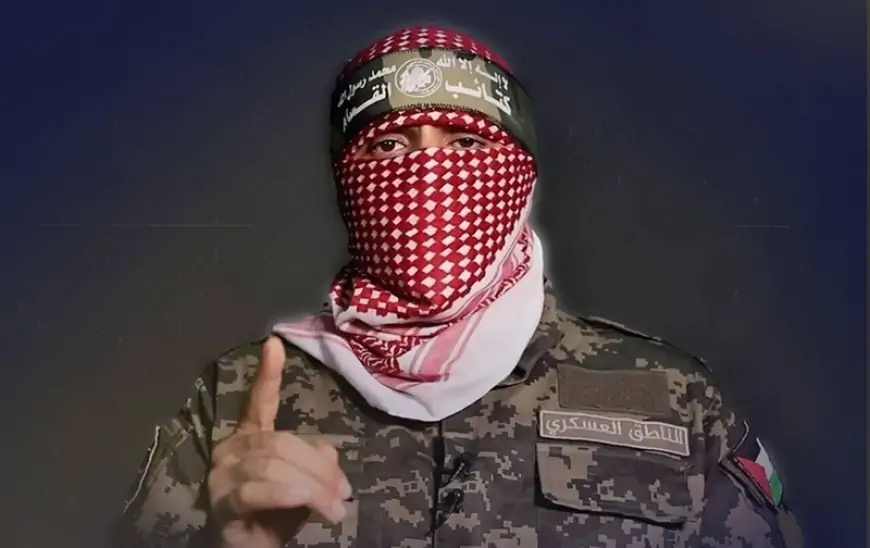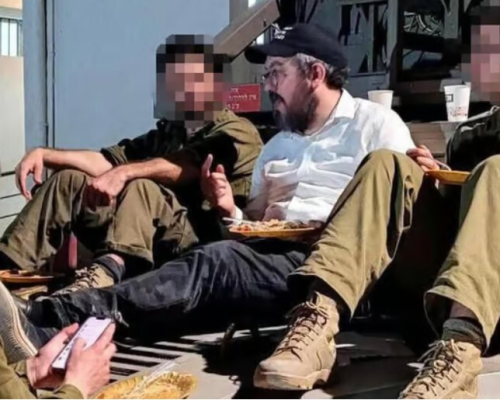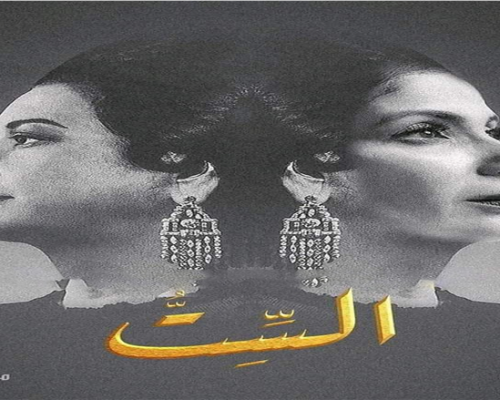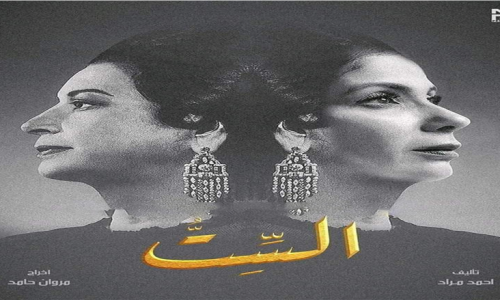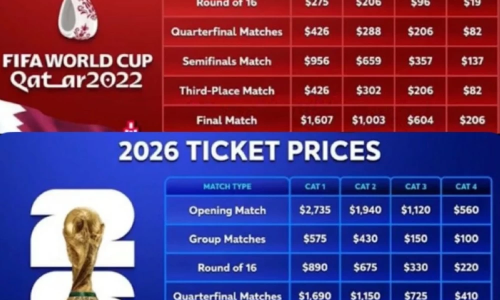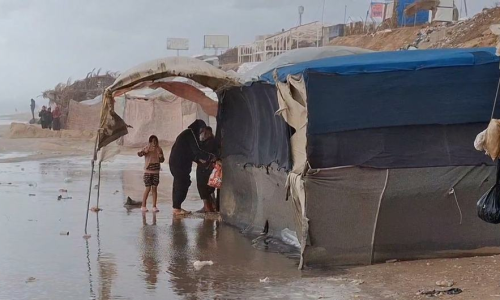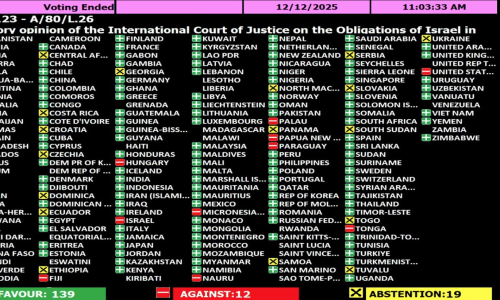By Taghreed Saadeh
In his recent appearance, Abu Ubaida, the military spokesperson of Hamas’s armed wing, Al-Qassam Brigades, declared: “The resistance in Gaza is the greatest military school in modern history.” A shocking statement, considering the political, humanitarian, and military reality Gaza endures.
Since Gaza’s political split from the West Bank in 2007, not a single stable victory has been achieved. Each round of “resistance” ends in a humanitarian catastrophe: the wars of 2008–2009, 2012, 2014, 2021, and now 2023, all have cost Gaza dearly in blood, in exchange for Israeli hostages or rocket messages that always end with regional mediation, temporary ceasefires, painful reconstruction, and a return to square one or worse.
So where is this “greatest military school” that builds no real deterrent, protects no civilians, fails to prevent invasions, and reaps nothing but destruction?
Resistance must be part of a unified national vision and political partnership with the rest of the Palestinian people. In Gaza, however, resistance has been reduced to an isolated military apparatus, monopolizing the Palestinian national decision, and deepening internal rivalry that has weakened the Palestinian front and cemented division.
What has the Palestinian people gained since Hamas took control of Gaza? The blockade has tightened, the economy has deteriorated, national unity has crumbled, and the once-unifying image of resistance, one backed by the entire people, has collapsed. Despite the bravery of fighters on the ground, these sacrifices have failed to translate into any political gains. Resistance that does not yield freedom, unity, or dignity requires reassessment, not glorification.
Under Hamas rule, nepotism has flourished, prices have skyrocketed, and a class of merchants and money changers have dominated the livelihoods of the people under the protection of Hamas’s own apparatuses. Is this the “greatest military school”?
Today, the Palestinian cause faces one of its bleakest chapters: relentless Israeli occupation, internal division, international abandonment, and Gaza engulfed in flames. There is no more room for hollow slogans. What is needed now is realism, deep introspection, and responsible truth-telling.
The past years have proven that the gun alone is not enough. Absolute rule by a resistance group that refuses to share power produces failure, not victory. Resistance that cannot protect its people, provide bread before bullets, or listen to the voices of its citizens, gradually becomes a burden.
As the people of Gaza suffer under war, hunger, destruction, and displacement, Hamas calls on them for patience and resilience, without offering a single apology for dragging them into a war they knew nothing about, or a promise of any near term relief. On the contrary, its rhetoric continues to threaten Israel with another war, while the wounds of the last one are still fresh.
This speech, devoid of responsibility, only widens the gap between Hamas and the people who are now asking: What good is a weapon that doesn’t protect us? What use is a war that doesn’t end our hunger? Politically, what has the Palestinian cause gained, other than regression, reoccupation of Gaza, and implementation of displacement plans?
Strikingly, Hamas’s military and media discourse shows no self-accountability or internal critique. It keeps recycling the same narrative as if the people have no right to ask questions or demand alternatives.
Gaza does not need a new military school. Its history is already rich with examples of bold resistance and defiance. What it needs now is a resistance that conducts its battle with national wisdom, not isolationist logic, nor slogans that beautify pain instead of ending it.

